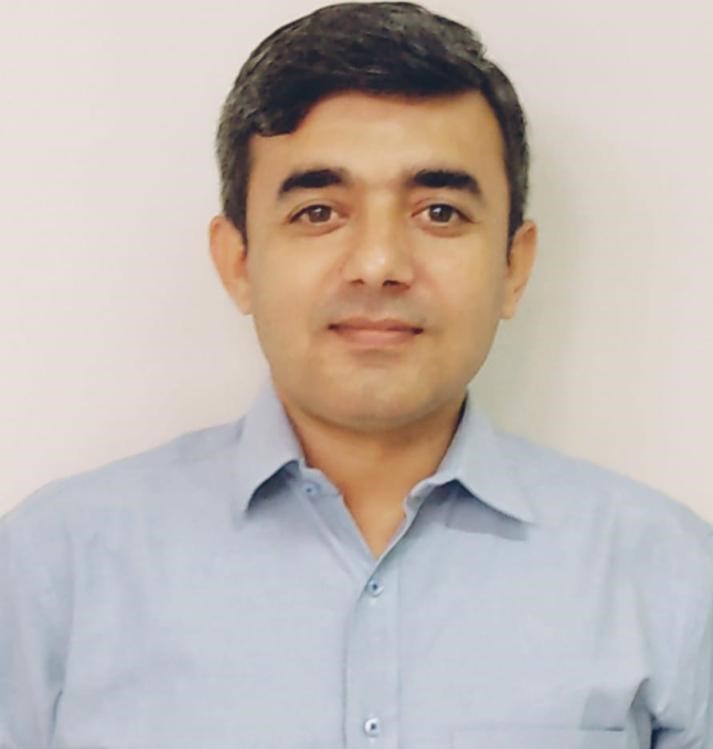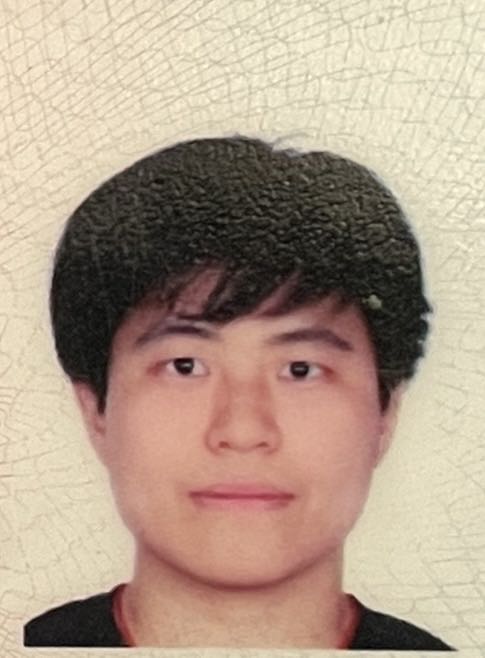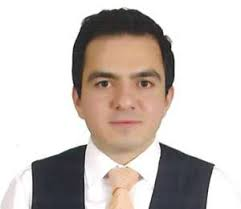


Section Collection Information
Dear Colleagues,
Stem cells are undifferentiated cells that can develop into specialized cell types in the body. They are found in both embryonic and adult tissues and have become a focus of research in recent years due to their potential use in regenerative medicine. Embryonic stem cells are derived from embryos and have the potential to develop into any type of cell in the body, making them valuable for research and potential therapeutic applications. However, their use is controversial due to ethical concerns surrounding the destruction of embryos. Adult stem cells, on the other hand, are found in various tissues throughout the body and have a more limited potential for differentiation. They are responsible for maintaining and repairing tissues and organs throughout life. Induced pluripotent stem cells (iPSCs) are a newer type of stem cell that are created by reprogramming adult cells to a pluripotent state. This allows them to be used in a similar way to embryonic stem cells without the ethical concerns. Stem cell therapies involve the transplantation of stem cells into damaged or diseased tissues in order to promote regeneration and repair. While these therapies have shown promise in preclinical studies, their efficacy and safety in humans are still being evaluated. Despite these challenges, stem cells remain a promising area of research and have the potential to revolutionize medicine in the future.
Contributions to the field of stem cell research are always welcome, as they can help advance our understanding of stem cell biology and their potential applications in regenerative medicine. Researchers and scientists are encouraged to share their findings through scientific papers, articles, and other forms of communication. By working together, we can continue to make progress in this exciting and promising field.
Dr. Irfan khan
Section Editor



